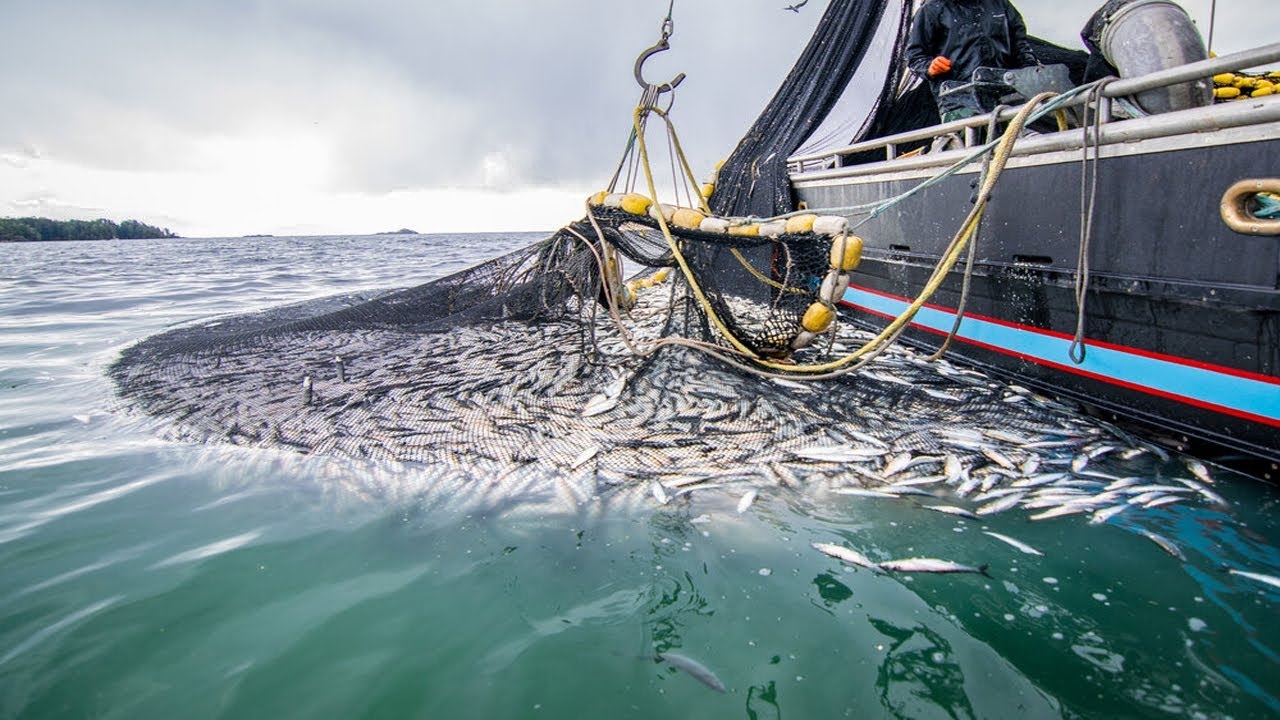Why Tanzania attracts limited Japanese investments

Dar es Salaam. Lack of accurate information and good network have been putting Tanzania at a disadvantage when it comes to attracting more Japanese investors despite the huge potential the East African nation has.
This observation is in a statement by the Japan International Cooperation Agency (Jica Tanzania Office) stressing that those were among the many reasons why Tanzania was attracting limited number of investors from Japan. “At the moment, there are less than 40 Japanese companies operating in Tanzania. Those operating in neighbouring Kenya are more than twice this number,” reads part of the statement.
In view of this, Jica - working in collaboration with the Japanese private sector and the Tanzanian Jica alumni - organized an online networking event on March 4, 2021 to bring together investors from both countries.
“The main objective of the event was to link potential investors in Japan with investment opportunities available here in Tanzania. This was made possible by linking these Japanese companies with Tanzanian Jica alumni via online,” according to the statement.
Further, Jica believes that collaboration between these alumni and Japanese investors would help to attract more Japanese companies to come and invest in Tanzania, resulting in mutual benefits of the two countries.
The Jica Tanzania office decided to step-in by trying to fill in the information gap by connecting thousands of Tanzanian alumni of Jica training programmes with potential Japanese investors.
Some of these alumni are top officers in various organizations, both public and private. Some have started their own businesses after returning to Tanzania based on their skills and knowledge acquired in Japan.
During the networking event, two case studies were introduced as examples of collaboration between Japanese companies and Tanzanian Jica alumni.
The first case was that of Satake Corporation, a leading manufacturer of grain processing machines in Japan.
The investor shared the various available technologies on milling machines including optical sorting machines, and how they work together in their feasibility study.
In another case, Mr Hiroshi Matsumoto from Yamah Motor offered internship opportunities for the alumni at Japanese companies, and then worked as a team to expand the business in Tanzania.





